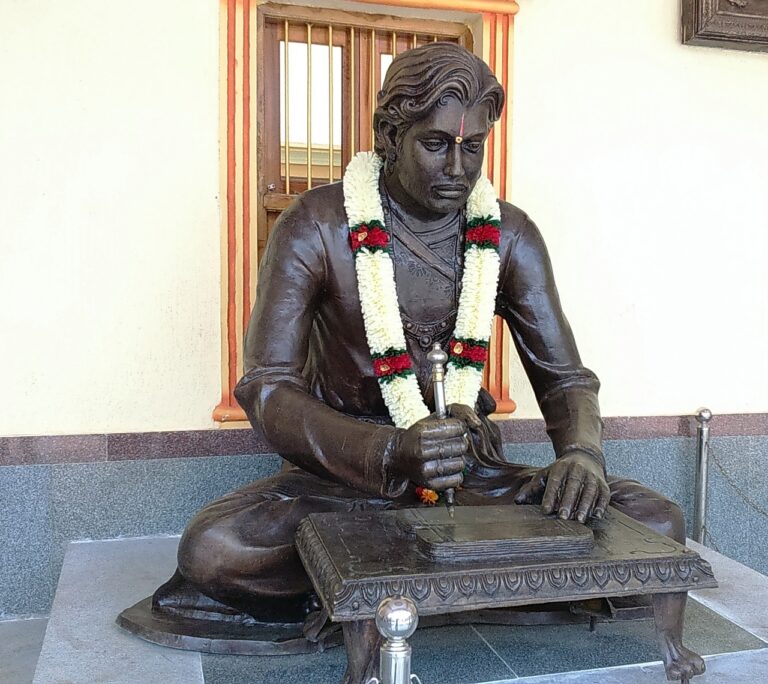Addressing Voter Apathy: Strategies for Engagement: Laser 247 book, Silverexch com, 11xplay
laser 247 book, silverexch com, 11xplay: Voter apathy is a significant issue that affects democracies worldwide. When citizens feel disengaged or indifferent towards the political process, voter turnout tends to decrease, leading to potential consequences for the functioning of a democratic society. However, there are strategies that can be implemented to address voter apathy and encourage greater engagement among the electorate.
1. Education is Key
One of the most effective ways to combat voter apathy is through education. Providing citizens with information about the electoral process, candidates, and key issues can help them make informed decisions when it comes time to vote. Educational initiatives can take many forms, such as public forums, debates, and informational campaigns.
2. Outreach to Underrepresented Communities
Certain communities, such as young people, minorities, and low-income individuals, may feel disenfranchised or excluded from the political process. Outreach efforts targeted towards these groups can help increase voter participation and representation. This can include initiatives like voter registration drives, multilingual outreach materials, and community partnerships.
3. Utilize Social Media
In today’s digital age, social media platforms offer a powerful tool for engaging with voters. Political campaigns and organizations can use platforms like Facebook, Twitter, and Instagram to share information, mobilize supporters, and encourage voter turnout. Social media can also be used to target specific demographics and amplify messaging.
4. Make Voting Accessible
Barriers to voting, such as restrictive registration requirements or limited polling locations, can deter individuals from participating in the electoral process. Efforts to make voting more accessible, such as early voting options, mail-in ballots, and expanded polling hours, can help increase voter turnout and engagement.
5. Foster Civic Engagement
Building a culture of civic engagement within communities can help combat voter apathy. Encouraging volunteerism, participation in local government, and community organizing can help individuals feel connected to their communities and invested in the political process. By fostering a sense of collective responsibility, voter apathy can be reduced.
FAQs
Q: Why is voter engagement important?
A: Voter engagement is essential for a healthy democracy. When citizens are actively involved in the political process, they can hold elected officials accountable, advocate for their interests, and shape policy decisions.
Q: What are some common barriers to voting?
A: Barriers to voting can include restrictive voter registration requirements, limited polling locations, lack of transportation options, and voter suppression tactics. Addressing these barriers can help increase voter turnout and engagement.
Q: How can individuals get involved in efforts to combat voter apathy?
A: Individuals can get involved by volunteering with political campaigns, participating in voter registration drives, educating their communities about key issues, and advocating for policies that promote voter engagement. Every effort, no matter how small, can make a difference in addressing voter apathy.
In conclusion, voter apathy is a complex issue that requires a multifaceted approach to address. By implementing strategies such as education, outreach, social media engagement, accessibility, and fostering civic engagement, we can work towards increasing voter participation and building a more vibrant democracy. We all have a role to play in combating voter apathy and ensuring that every voice is heard in our political process.







